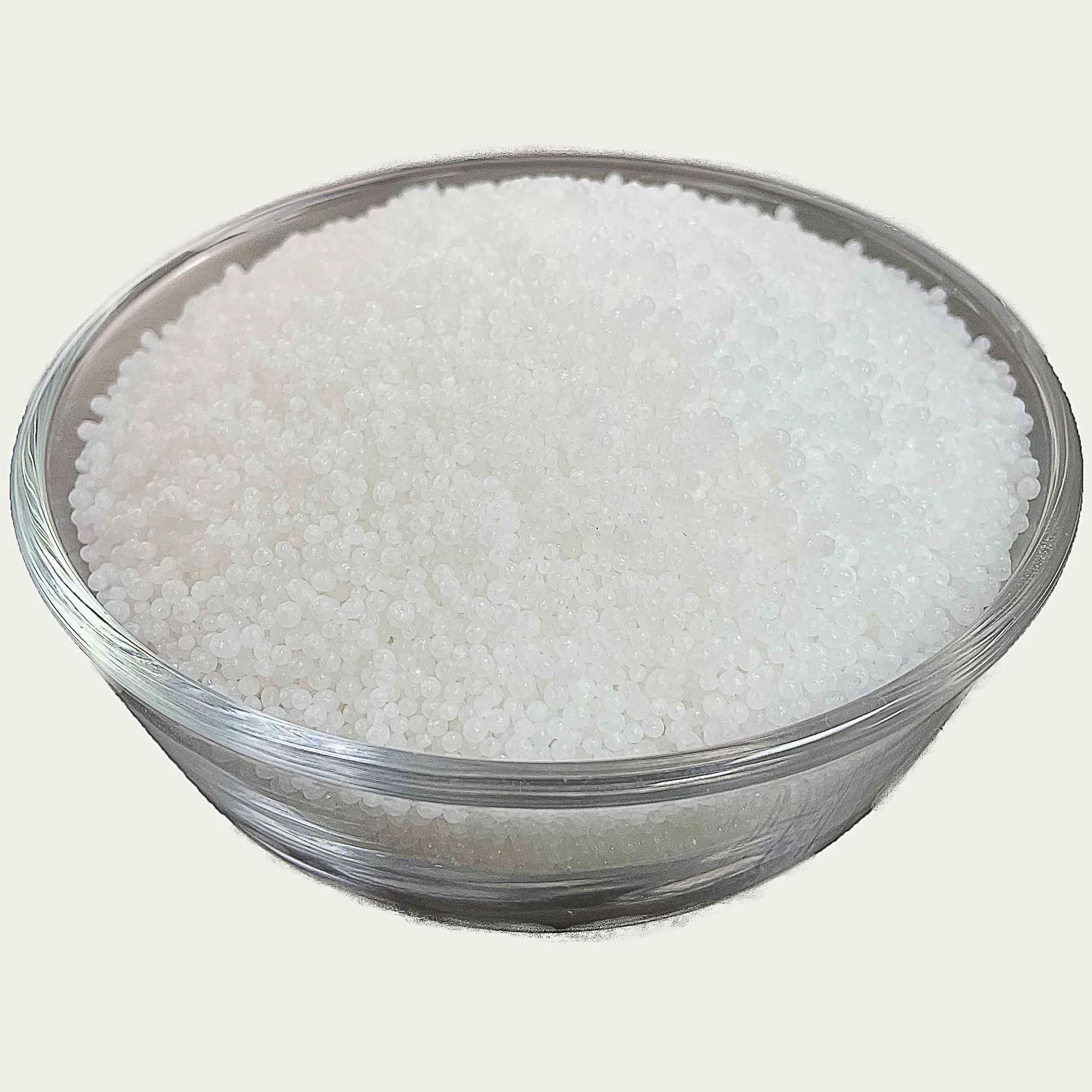
11월 . 09, 2024 07:26 Back to list
Production of Granular Organic Fertilizer for Sustainable Agriculture Solutions
Establishing a Granulated Organic Fertilizer Factory A Sustainable Approach to Agriculture
In recent years, the agricultural sector has seen a significant shift toward sustainable practices, primarily driven by the need to combat soil degradation, reduce chemical runoff, and enhance food security. One promising avenue for achieving these goals is the establishment of a granulated organic fertilizer factory. This initiative not only promotes eco-friendly farming methods but also capitalizes on the growing demand for organic produce.
A granulated organic fertilizer factory produces fertilizers derived from natural sources, such as animal manure, compost, and plant materials. Unlike synthetic fertilizers, which can lead to soil health issues and environmental pollution, organic fertilizers improve soil structure, foster beneficial microbial activity, and enhance nutrient availability. The granulation process involves transforming organic materials into small, uniform pellets, making them easy to handle, store, and apply. This method also ensures slow-release properties, which benefit the crops by providing nutrients over an extended period.
Raw Materials and Production Process
The foundation of a successful granulated organic fertilizer factory lies in sourcing high-quality raw materials. Common inputs include chicken litter, cow manure, decomposed plant materials, and even food waste. By capitalizing on local agricultural by-products, a factory can minimize transportation costs and bolster regional economies. Sustainable sourcing is vital not only for maintaining supply chain efficiency but also for ensuring the environmental integrity of the final product.
The production process generally consists of several key steps raw material collection, mixing, composting, granulation, and packaging. Initially, the raw materials undergo composting to decompose and stabilize the organic matter, which reduces pathogens and weed seeds. Once composted, the materials are mixed to create a balanced nutrient profile. The subsequent granulation can be achieved using various methods, such as extrusion or pelletization, which involve applying heat and pressure to form the granules. Finally, the product is cooled, screened, and packaged for distribution.
Market Demand and Economic Viability
granulated organic fertilizer factory

The demand for organic fertilizers is rising dramatically due to a growing consumer preference for organic produce. According to recent market research, the global organic fertilizer market is projected to grow significantly in the coming years. This trend presents a fertile opportunity for entrepreneurs and investors looking to establish a granulated organic fertilizer factory.
Moreover, investing in such a factory aligns with governmental initiatives aimed at promoting sustainable agriculture and reducing reliance on synthetic inputs. In many countries, subsidies and incentives are provided to businesses that support environmental sustainability, thereby enhancing the economic viability of organic fertilizer production.
Challenges and Considerations
While the prospects for a granulated organic fertilizer factory are promising, several challenges must be addressed. Ensuring consistent quality and nutrient content in the final product requires rigorous quality control measures. Additionally, obtaining the necessary certifications to market the fertilizer as “organic” can be a complex process, necessitating adherence to strict regulations.
Furthermore, educating farmers about the benefits of switching from synthetic to organic fertilizers is crucial. Awareness campaigns and demonstration projects can help build trust in organic products, ultimately leading to wider acceptance within the farming community.
Conclusion
In conclusion, establishing a granulated organic fertilizer factory represents a forward-thinking approach to sustainable agriculture. By harnessing local resources and addressing the growing demand for organic products, such a venture not only promises economic benefits but also contributes positively to environmental health. With careful planning and execution, a granulated organic fertilizer factory can play a vital role in shaping the future of agriculture, creating a more sustainable world for generations to come.
-
Premium 8 12 16 Fertilizer – High-Efficiency Compound & Granular NPK Supplier
NewsJun.10,2025
-
High Quality Agricultural Grade NPK Fertilizer Manufacturer & Supplier Reliable Factory Price
NewsJun.10,2025
-
Organic Fertilizer for Corn Boost Yield Sustainably
NewsJun.10,2025
-
Organic Fertilizer for New Plants Natural Growth Boost & Eco Nutrients
NewsJun.10,2025
-
Optimized Hydroponic NPK Fertilizer – Fast Growth & Nutrients
NewsJun.09,2025
-
Top-Rated NPK Fertilizer for Fruit Trees - Boost Growth & Yield
NewsJun.09,2025
